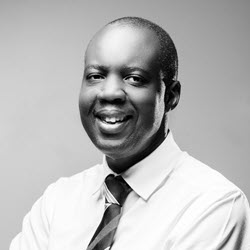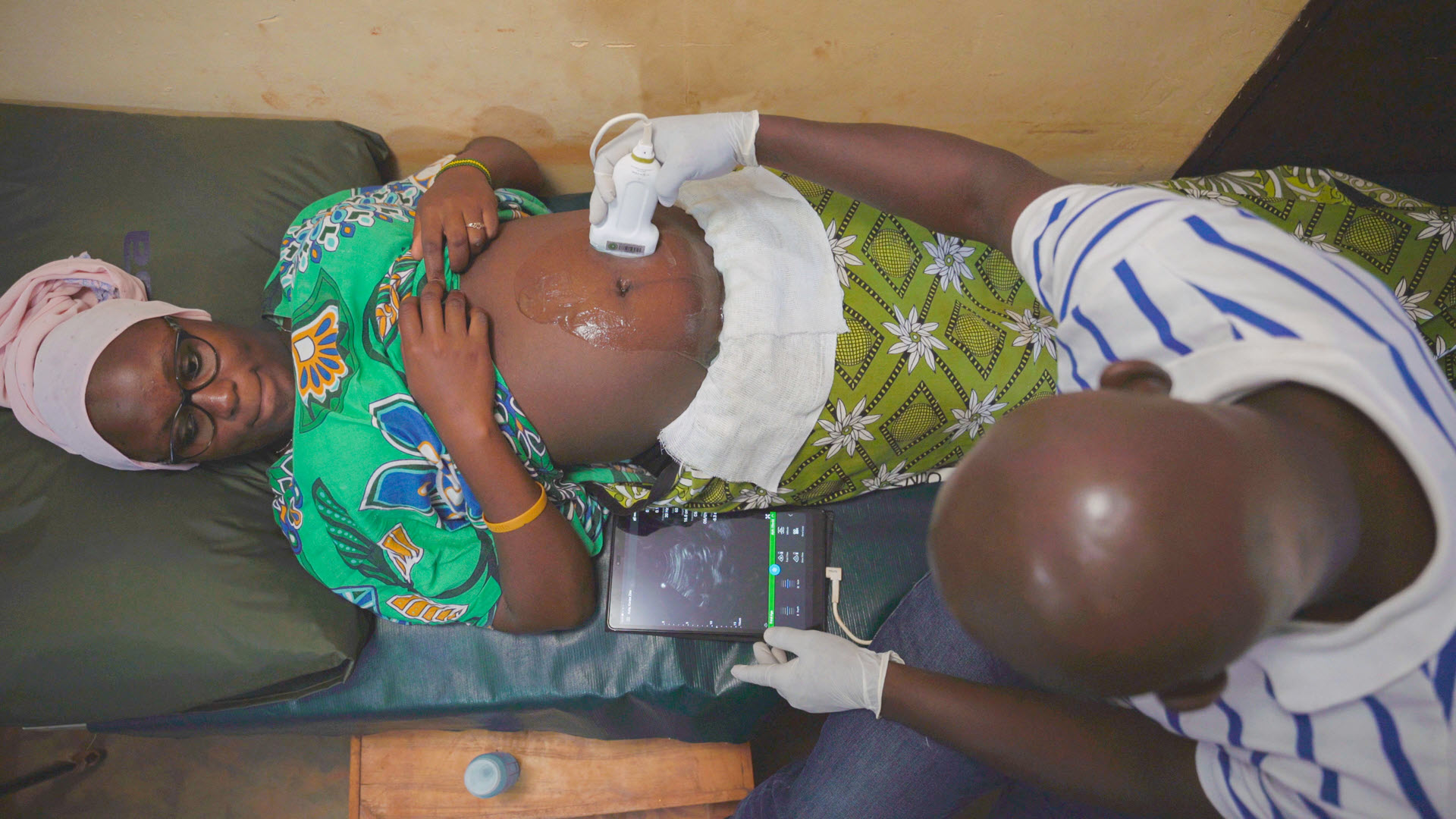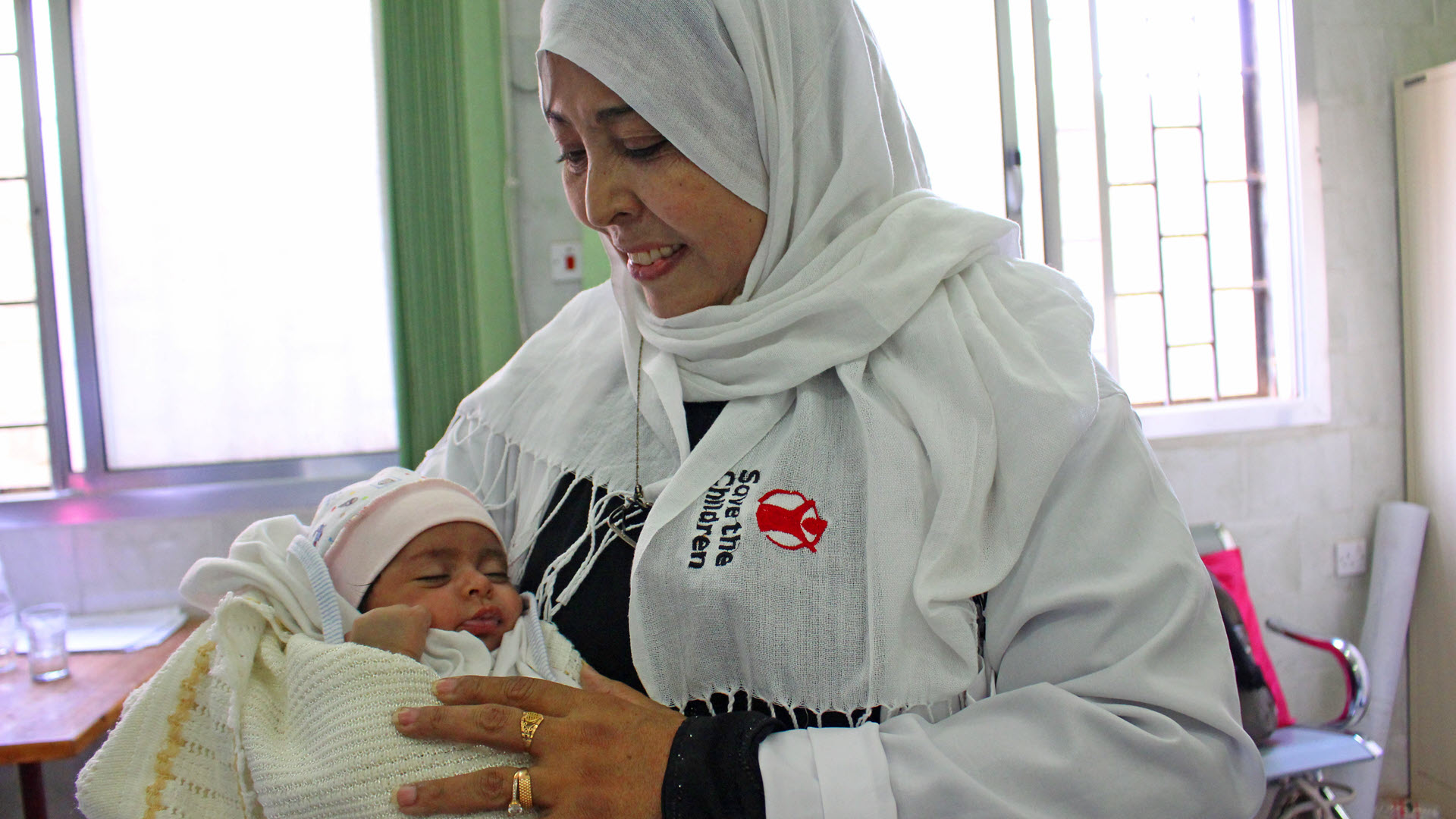Another thing that Philips Foundation helped us with was the actual building of prototypes. When we started the Maker Space project, we would get a group of students in, they would be enthusiastic, work on something for weeks, and then they would have to go back to their academic studies. So the projects would stall. However, with the help of Philips Foundation we have been able to build a solid team of makers. We now have two full-time engineers, and we can get five or six interns to come in and help. That means we can now actually sit and build prototypes.
Compared to previous organizations, the relationship with Philips Foundation and UNICEF was much warmer, much more engaged, much more involved in what you are doing. We have had experiences in the past where we received a grant, and the donor says ‘OK, here’s the money. Now report back and that will be it.’ What Philips Foundation and UNICEF did, and continue to do, is adopt a much more engaged approach, because both organizations recognize the gaps that exist within the health system.”
What are your personal experiences of the initiative?
“At the launch of Maker Space, one of my observations was that more than 50% of the doctors and nurses who came in were female. Compare that to the engineering students, who were virtually all male. So one of the successes of Maker Space has been the number of women participating. For example, you see a big difference between the Maker Space and the MIT Fab Lab in the Engineering School, which is mostly male. In my experience, the Maker Space is a much happier place to be and a lot livelier.
Originally, however, the Maker Space was an abandoned lab that had to be refurbished, which meant rebuilding the toilets. But because they were rebuilt by the engineering guys, they built them as if everyone was male. So one of the beautiful things that Philips did was help us to redesign the toilets to make them much more women-friendly. It was just a small thing, but it made a big difference. And after all, the project with Philips and UNICEF is actually all about maternal and newborn health.”
---
The interview with Dr Richard Ayah is part of a series in which several ecosystem players share their experiences about the Maker Project: A 4-year long project fostered by Philips Foundation and UNICEF to yield locally enabled innovation in Kenya’s mother and child care. Click here for the related press release.








